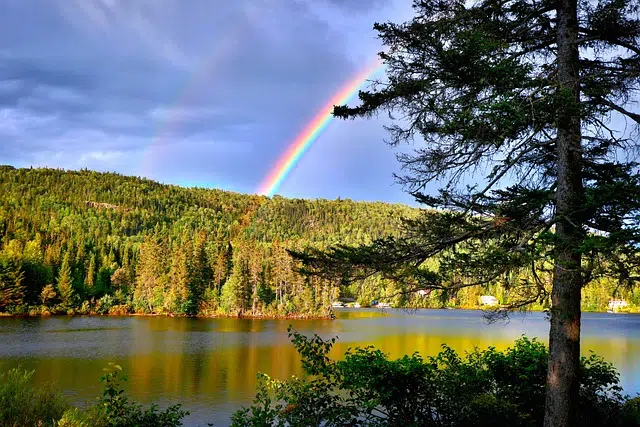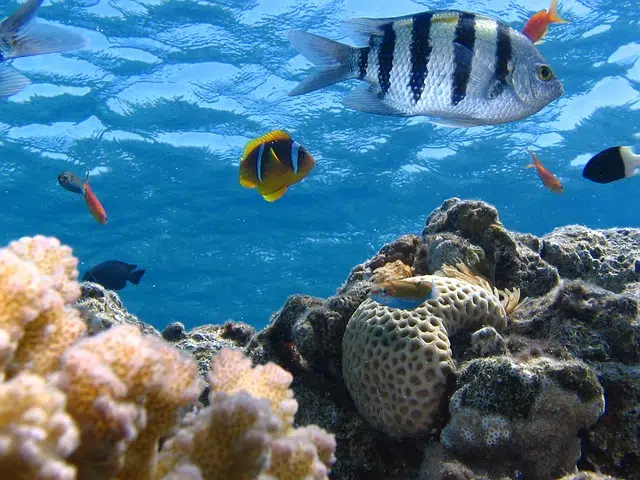
An ecosystem is made up of biotic factors and abiotic factors.
An ecosystem is understood as the community of living beings whose vital processes are related to each other . The development of these organisms occurs depending on the physical factors of the environment they share.
Ecosystems bring together all the biotic factors (that is, plants, animals and microorganisms) of a given area with the abiotic factors of the environment . It is, therefore, a unit composed of interdependent organisms that form trophic or food chains (the flow of energy and nutrients established between the species of an ecosystem in relation to their nutrition).
The notion emerged in the 1930s to explain the complex interaction between living beings, energy currents, material resources, and the community in which they develop.
How to study an ecosystem
It is important to emphasize that there are several ways to carry out the study of an ecosystem, more specifically there are three common methods. Thus, first of all, its analysis can be carried out through the nutritional relationships that occur in it, which translates into talking about the energy that reaches the Earth from the Sun so that it passes from one organism to another. This would in turn give rise to the so-called, as we mentioned above, trophic chains where there are plants, primary consumers or herbivores, secondary consumers or carnivores, and necrophages.
The second way to study an ecosystem is through the cycles of matter. With them, what is expressed is how the different chemical elements (oxygen, hydrogen, carbon...) that make up the different living beings go from one trophic level to another.
And the third form of analysis is to focus on the so-called flow of energy that passes from one level to another and is responsible for the ecosystem functioning. In this case we have to emphasize that this energy always follows the same direction.

In an aquatic environment there are also ecosystems.
Habitat and ecological niche
The concept of habitat is associated with that of ecosystem. The habitat is the physical place of the ecosystem, a region that offers the natural conditions necessary for the subsistence and reproduction of species.
The ecological niche , for its part, is the way in which an organism is linked to the biotic and abiotic factors of the environment through different physical, chemical and biological conditions.
Balance, pollution and recovery of an ecosystem
It is important to keep in mind that an ecosystem supposes a situation of balance that changes over time and that implies the constant adaptation of the species that inhabit it. The greater the number of species (i.e., greater biodiversity ), the ecosystem usually has a greater capacity for recovery. This is possible thanks to the better possibilities of absorption and reduction of environmental changes.
In addition to all of the above, we cannot ignore that currently one of the problems that most concerns global society is the contamination of the ecosystem. That manifests itself through water, soil and air. For this reason, various initiatives and projects are being encouraged with the clear objective of stopping it, protecting the environment and, therefore, ensuring that living beings have a better quality of life.
